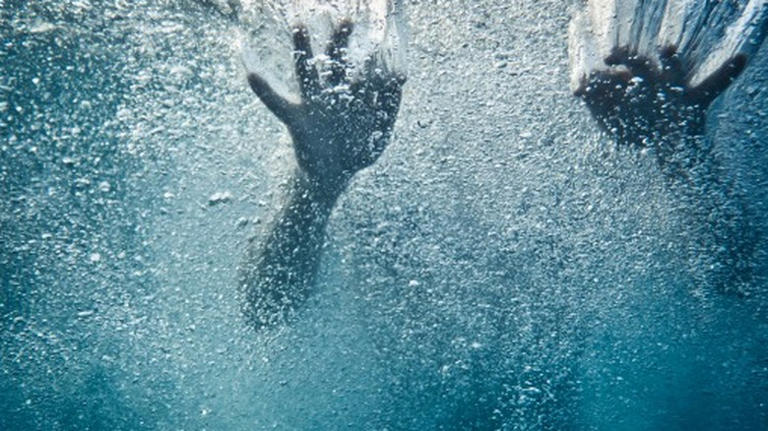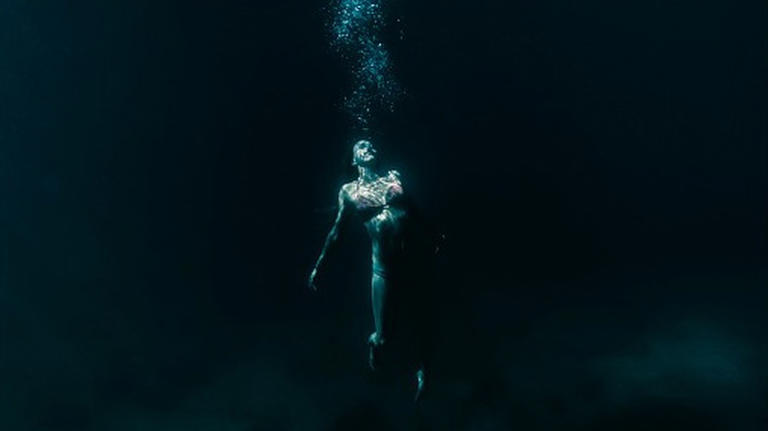If being trapped hundreds if not thousands of miles underwater with a limited oxygen supply and no way to contact the outside world and nothing to do but sit and wait for rescue sounds horrific, you’re not alone. There are few things more crucial to life itself than oxygen, and all living things breathe, so naturally the thought of slowly running out of air fills most of us with primal dread and anxiety. Fear of getting cut off from an adequate air supply, in fact, is a defining characteristic of people who live with claustrophobia, according to the National Library of Medicine.
Also Read– If You Sleep On Your Right Side, We Have News For You
How long we can last without air, though, and what happens to our bodies when they’re slowly cut from oxygen depends on the circumstances, as Mike Tipton from the Portsmouth University extreme environments laboratory told BBC Future. “Loss of oxygen is right at the very sharp end of survival. The human body doesn’t have a great store of oxygen — maybe a couple of liters. How you use that up depends on your metabolic rate,” he said.
Circumstances aside, one thing’s for certain: In just a few minutes, lack of air leads to CO2 poisoning with a long list of symptoms, ceased cellular function as oxygen in our bloodstream dwindles, and once all the air is gone, possible seizures, coma — and death.
People Consume Air At Different Rates

Crucial to understanding exactly how long someone could last without air is that people consume oxygen at different rates, depending who they are and their level of physical activity. According to the National Library of Medicine, adults at rest consume about 6 liters of air per minute. Consciously slowing the rate of breathing can preserve air, but in a scenario where there’s an awareness that oxygen supply is limited, slowed respiration would likely become challenging as panic sets in. Excessive heat or cold can also affect the rate we breathe.
Also Read– How to Tell the Difference Between Sunspots and Skin Cancer
According to Portsmouth University’s Mike Tipton (via Insider), “Shivering is a form of exercise that consumes up to about a liter of oxygen per minute.” Per a review in Breathe, most humans breathe between 10 and 20 breaths per minute, which can be slowed down to anywhere from four to 10 breaths per minute. But Tipton told BBC Future that “if someone is stressed or panicked, this can raise their metabolic rate.”
According to The Conversation, with training, Stéphane Mifsud holds the men’s world record for holding his breath for around 11-and-a-half minutes, and Natalia Molchanova holds the world record for women at about 9 minutes without air. After consuming pure oxygen, Budimir Šobat held his breath for almost 25 minutes.
Without Oxygen, Brain Damage Happens Quickly

Among other signs, as bodies are gradually cut off from adequate air supply, CO2 builds up in the bloodstream, causing confusion, anxiety, blue discoloration in the extremities, increased anxiety, and rapid breathing — which doesn’t help. Eventually, victims might experience a seizure, lose consciousness, or slip into a coma as certain cellular functions cease. Once cut off from oxygen, brain damage typically sets in at around 3 minutes, and after 10 minutes, brain death occurs. In a diving accident, Chris Lemons was cut off from his air supply and spent 30 minutes on the sea floor before rescue.
Also Read– The Covid inquiry’s verdict already seems to be in: we should’ve locked down even harder
Speaking with BBC Future, Lemons recalled the final few moments before he lost consciousness: “I can remember pulling the last bits of air from the tank on my back. It takes more effort to suck the gas down. It felt a bit like the moments before you fall asleep. It wasn’t unpleasant, but I can remember feeling angry and apologizing a lot to my fiancée Morag. I was angry about the damage this was going to do to other people. Then there was nothing.”
And when he woke up, Lemons added, “I felt very groggy and there were some flashing lights, but I don’t have many lucid memories of waking up. … It was only a few days later that I realized the gravity of the situation.”







































